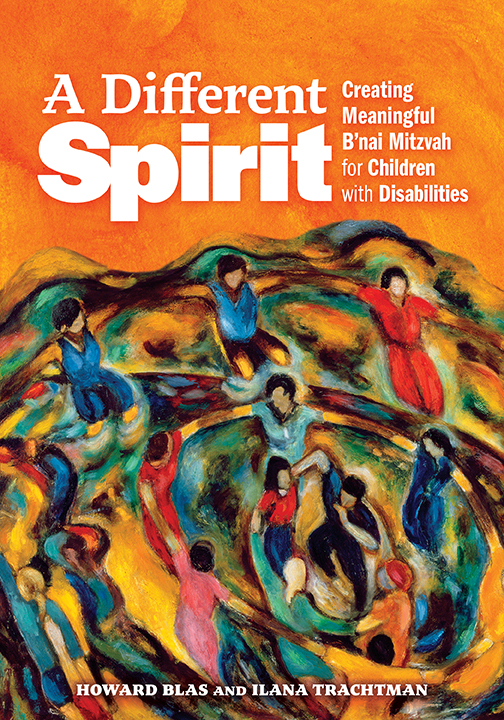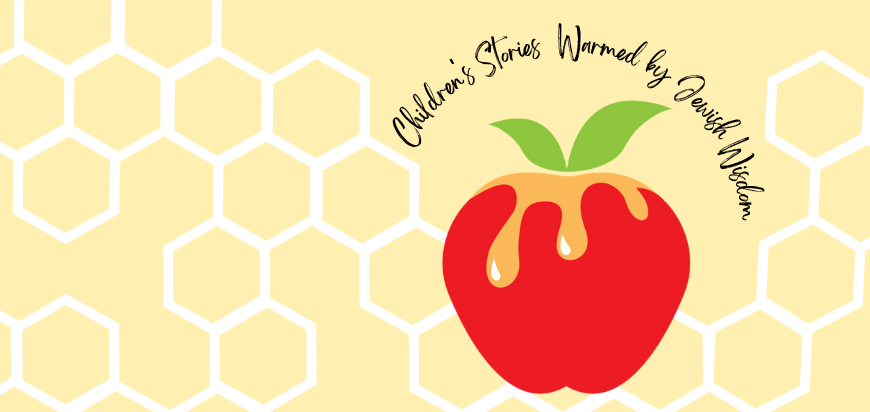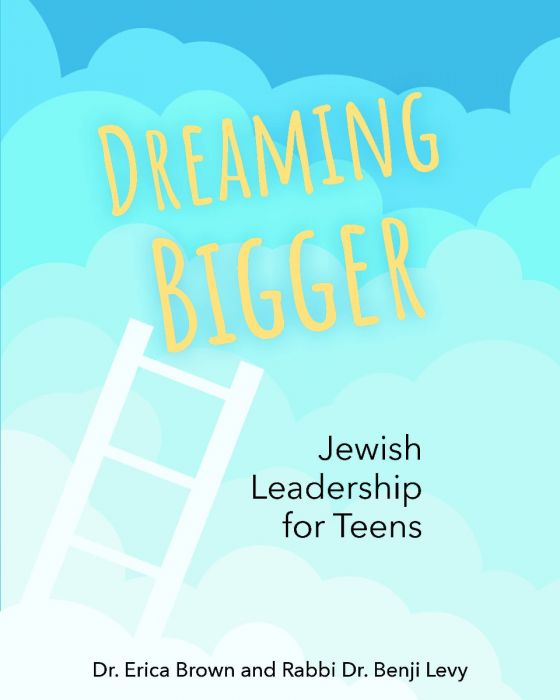News
-
22 Jan
-
22 JanRead more »

Behrman House has changed leadership. What does that mean for you and your school?
What will change for us under the new ownership?
Almost nothing! All Behrman House staff are staying with the company and all ordering, shipping, and billing processes stay the same. We’re staying put in our editorial offices in Millburn NJ, and our website remains the same. David and Vicki will be working with the new leadership over the coming months to ensure a smooth transition.
How will the publishing program change with new leadership?
Behrman House will continue to focus on meeting the needs of Jewish educators and the Jewish community. Apples & Honey Press will continue to publish great Jewish children’s books. We’re also contemplating new p
-
15 JanRead more »
New fo rthe 2026-2027 school year, an entirely new way to study Torah, using the character strengths from the VIA Institute.
-
5 JanRead more »

We enjoy your company and now there are more ways than ever to keep in touch!
First, make sure you are getting the Behrman House Newsletter, a great way to:
- See previews of new materials
- Find guidance on curriculum planning
- Get early notification about special events and sales
- Discover seasonal instant lessons on a variety of subjects, and more
If you are new to your position or have changed your email address, be sure to subscribe
-
22 DecRead more »

No one can overstate the courage it takes for a child with disabilities to confront the public milestone of b’nai mitzvah. A Different Spirit provides the support to start all considerations with “yes”.
A Different Spirit: Creating Meaningful B'nai Mitzvah for Children with Disabilities is a collection written by experts from all over the world, including the most expert of all--people with lived experience of disability who share the story of their b’nai mitzvah, offering a compelling body of wisdom and encouragement that is utterly adaptable to individual needs. In chapters organized not by disability but by challenges such as nonverbal, mobility, learning difference, vision, or hearing, contributors share strategies, techniques and ref
-
21 AugRead more »

From midweek Hebrew zoom groups to remote tutorials, turn-page supplements of our Hebrew materials help teachers keep students literally on the same page. And now they include more online activities, audio-led reading practice, and games.
The interactive turn-page supplements for all our Shalom Uvrachah primers feature:
- A video introducing each letter
- Hebrew reading practice for new letters
- Word-by-word audio for the “Ready, Set, Read” activities
- All reading practice available in both Israeli and American accents
- A game at the end of each lesson
The digital supplements are available for the rev
-
12 AugRead more »

Storybooks and coloring pages provide quick and last minute resources throughout the High Holidays.
Find these and more at applesandhoneypress.com. Also available through Amazon, Bookshop.org and other online sites.
Download a selection of coloring pages here.
Rosh Hashanah
Little Red Rosie, by Eric Kimmel. Ages 3-6.In this playful version of The Little Red Hen, a young girl enlists her stuffed animal friends to help make challah for Rosh Hashanah--"An attractive, different take on a holiday tale."-Kirkus Reviews
Kayla
-
6 AugRead more »

Apples & Honey Press has a growing list of stories for children ages 3-8 that bring Jewish values to life, from Ahavat Tziyon (Love of Israel) and B’tzelem Elohim (Made in the Image of God) to Shalom Bayit (peace in the home) and Tzedakah (Giving Justly).
Ahavat Tziyon (Love of Israel)
- Matzah Ball Chase-Ages 3-6. "This very silly rhyming story...encourages travel, exploration, and learning about one’s heritage." —Association of Jewish Libraries
- Shimri’s Big Idea-Ages 3-7. “Children will appreciate seeing how a boy with a keen eye helps to accomplish great things in this reimagining of biblical history.”— Kirkus Reviews
-
26 MarRead more »
New from Sydney Taylor Award Winning Authors Deborah Bodin Cohen and Kerry Olitzky
Across the Jewniverse: 180 Totally Random Jewish Facts

How long will a dreidel spin in outer space? Who created the first teddy bear? How big was the world's largest matzah ball? Why do Russian Jews put salt in their pockets?
In their 5,000-year history, the Jewish people have done some astonishing things. Inspired by the Weird But True series and other books of fun facts, this book brings together 180 surprising facts about the Jewish people, culture, and history. These bite-sized info-morsels are collected from across the Jewish universe on subjects ranging from holidays to entertainment, science, pop culture
-
19 FebRead more »
Today more than ever, we need to develop Jewish leaders who feel empowered in these confusing times. Help your teens do exactly that.
Dreaming Bigger: Jewish Leadership for Teens by Dr. Erica Brown and Rabbi Benji Levy is a stunning resource for Jewish teens who want to make a difference in the world.

Teens have energy and idealism and are looking to make a difference, yet they don’t have the skills. Dreaming Bigger


